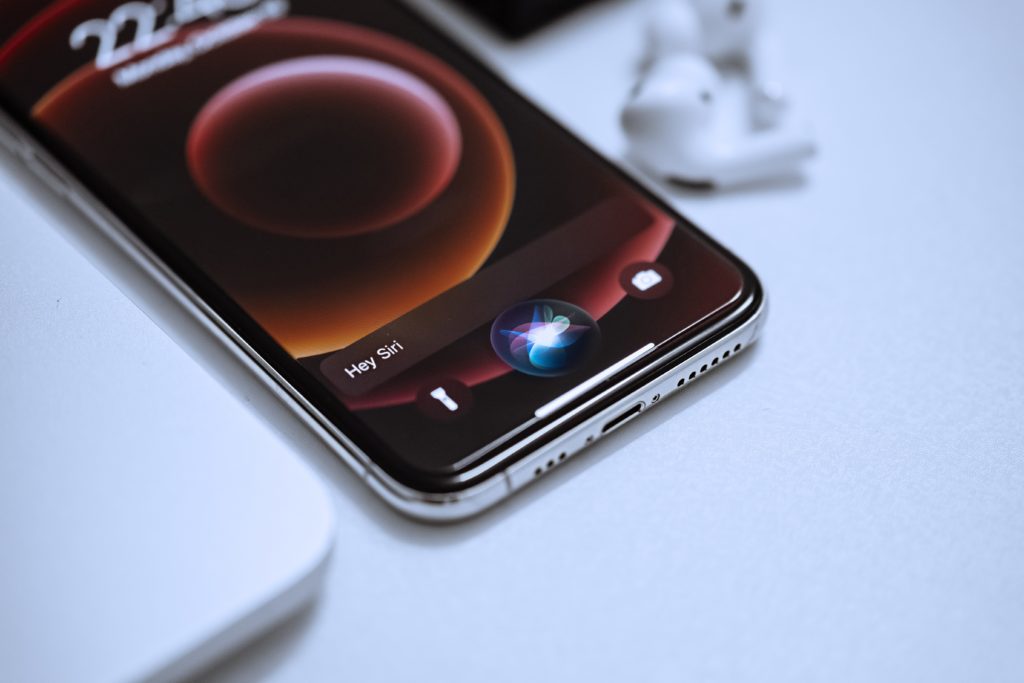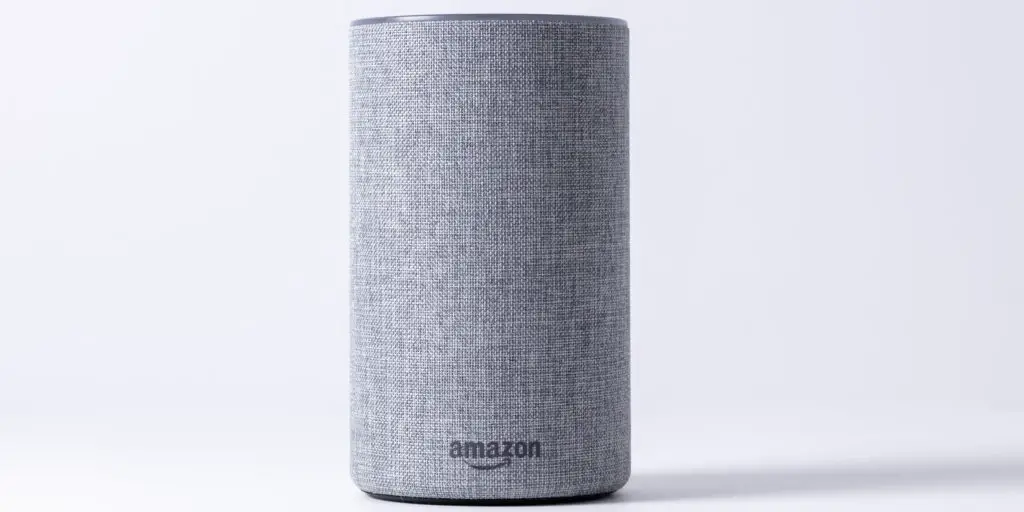Siri is an integral part of Apple devices, and many people use it to make tasks easier.
Rather than looking up a phone number, users can ask Siri to call someone. Siri is a useful tool, and she helps people get things done more efficiently.
Siri is a personal assistant that is powered by AI. AI is artificial intelligence, and she is able to interpret patterns, voice, and text communications, and perform simple tasks well.
Siri achieves these tasks through three primary components: personal context awareness, a conversational interface, and service delegation.
Is Siri Considered AI?
Siri is considered AI. Artificial intelligence is the ability of a machine to simulate human intelligence through various processes, and this is what Siri does.
She is considered weak AI because she performs simple tasks using speech recognition, language processing, and personal context awareness.
She is an AI-based voice assistant from Apple, and she can engage in conversation, perform simple tasks, and make your life easier.
Siri uses AI to make recommendations based on your patterns and preferences, and to remind you of tasks that are normally part of your routine.
What Kind of AI Is Siri?
Rather than being AI, Siri is a voice assistant that uses AI to perform her tasks. Siri’s goal is to increase your productivity and make it easier to use Apple devices.
Siri learns as she interacts with you, much the way that AI software learns from combining and analyzing data.
When you ask Siri to do something for you, your request is sent to the Apple servers, where it is interpreted and triggers an action by Siri.
Siri functions as an AI constant machine learning, and she collects data about you from your device to become more useful and accurate over time.
How Does Siri AI Work?
Siri AI relies on natural language processing, natural language generation, and machine learning to do her job.
She also works with the Apple servers.
When you give Siri a request or a command, your query is sent to Apple’s servers.
Once there, it is interpreted, and a response is generated for Siri.
You can request to make a phone call, add something to your calendar, find out the weather, and more.
The two primary technologies that Siri uses are speech recognition and natural language processing.
Speech recognition is when the machine converts speech into machine language.
When you ask Siri to do something, she uses speech recognition, and the information is sent to Apple’s servers where natural language processing is used to understand the intent of your request.
It needs to understand the difference between setting an alarm for the morning versus making a call.
Is Siri an AI or UI?
Siri has both UI and AI. She is a voice user interface that works with a graphical user interface, which is your Apple device.
In addition, she uses AI to determine the context of your requests and respond to them.
Siri uses two main types of AI, which are speech recognition and natural language learning.
Siri was designed to make devices more human and to simplify tasks that users perform.
Is Siri Machine Learning?
Siri uses machine learning alongside natural language generation and natural language processing to perform tasks.
Although Siri uses machine learning, she doesn’t learn new tasks.
Her job is to interpret your requests and perform functions for you.
When you send a request, it is recorded by the microphone on your device.
Then your request is converted to text and sent to the Apple server in the cloud.
It is processed there, and a response is sent to your device. Siri also uses machine learning to predict your intentions based on your habits and the keywords you choose.
What Type of Machine Learning Is Siri?
Siri is built using natural language processing, which is the process of converting speech into words, sounds, and ideas.
When you give Siri a request, your speech is recorded, and it is sent to the servers to be analyzed.
The server breaks your request down into single sounds, and it goes through a database to determine what you mean.
Once it finishes evaluating your request, the servers send a response and directions back to your device.
Siri uses automatic speech recognition and natural language understanding to process your requests.
It is an overlap of artificial intelligence and computational linguistics that allows machines to understand human speech.
Is Siri’s Voice Artificial?
Siri’s voice is not artificial. In fact, they used voice over actors and actresses to create Siri’s different voices.
The voice actor or actress records through a process called concatenation.
This is where a series of different words, phrases, and sentences are recorded, and they can combine into new words.
They had to record actual words, syllables, and some nonsense as well.
The goal is to record all of the sound combinations in the language they are recording.
Siri is the first concatenated voice that sounds human.
Who Is Siri’s Voice?
Siri’s voice was recorded by a voice-over actress named Susan Bennett.
Siri has different voice options, and they were all recorded by different voice actors and actresses.
Siri has six different accents, including American, Australian, British, Indian, Irish, or South American.
She speaks 20 languages, but she can only speak one at a time.
None of Siri’s voices are robotic; they are all voice actors or actresses who recorded all of the sounds in the language she speaks.
Is Siri Weak AI?
Siri is considered a weak AI. Weak AI is an area of AI that is limited to a narrow range of functions.
To be more accurate, Siri is a voice-activated assistant that uses weak AI.
Weak AI can decipher simple tasks and perform functions, but it can’t comprehend any meaning in what you are saying.
Strong AI is where the computer acts more like the human brain.
Final Words
Siri is Apple’s voice assistant, and she uses weak AI to carry out tasks for users.
She performs tasks using speech recognition, natural language processing, and machine learning to interpret and carry out your requests.

I’ve been working with technology in one way or the other all my life. After graduating from university, I worked as a sales consultant for Verizon for a few years. Now I am a technical support engineer by day and write articles on my own blog here in my spare time to help others if they have any issues with their devices.




